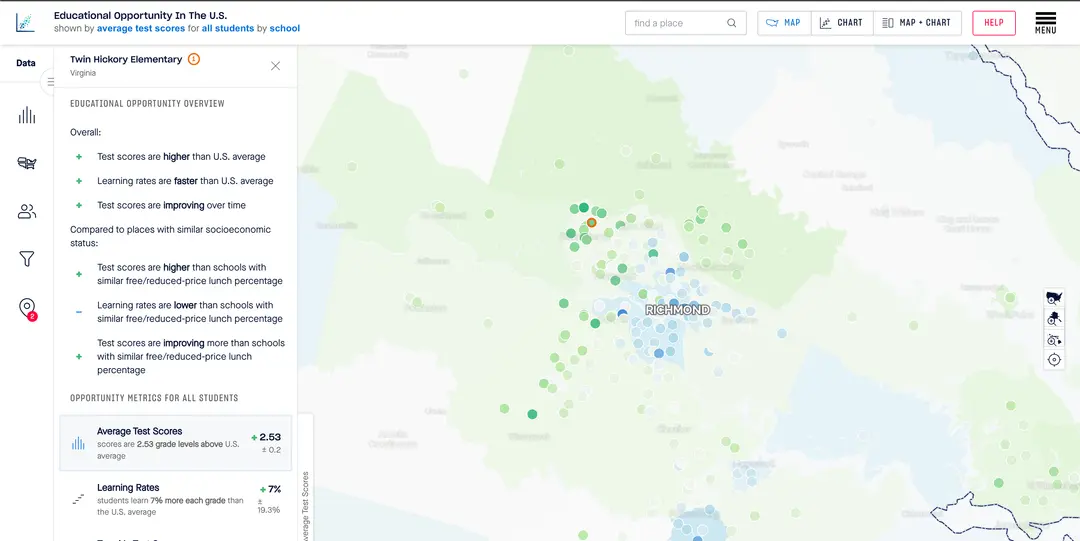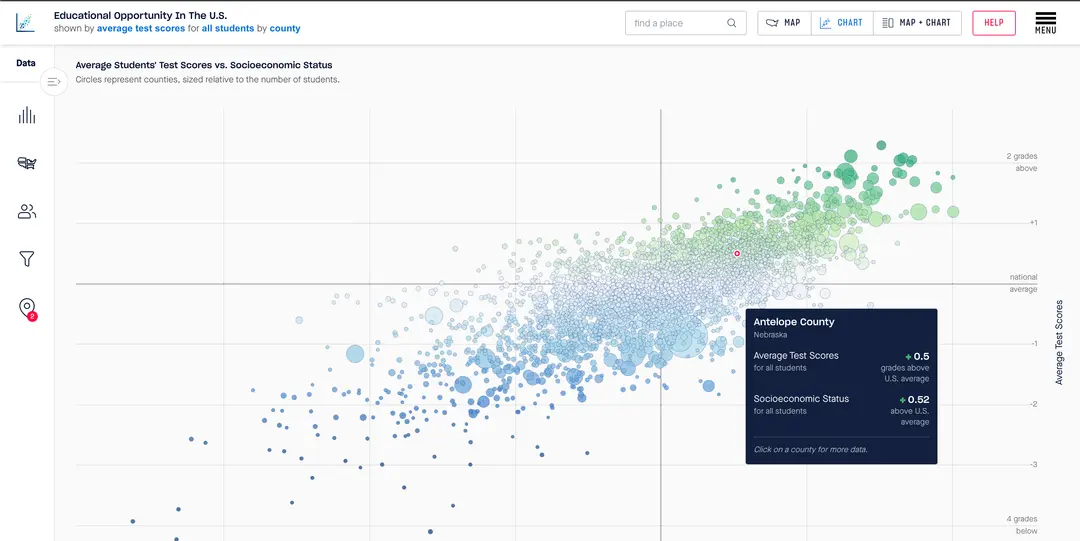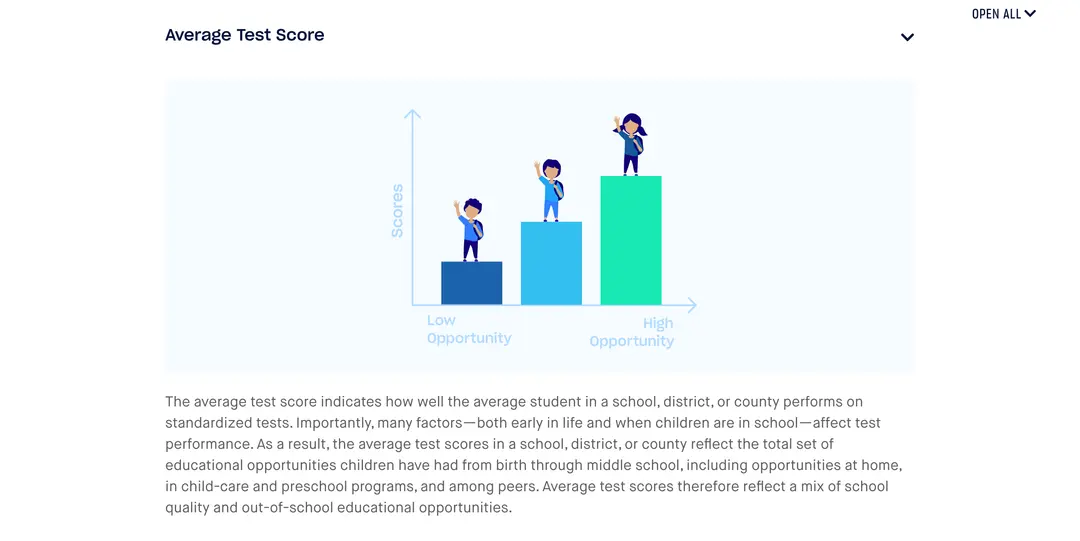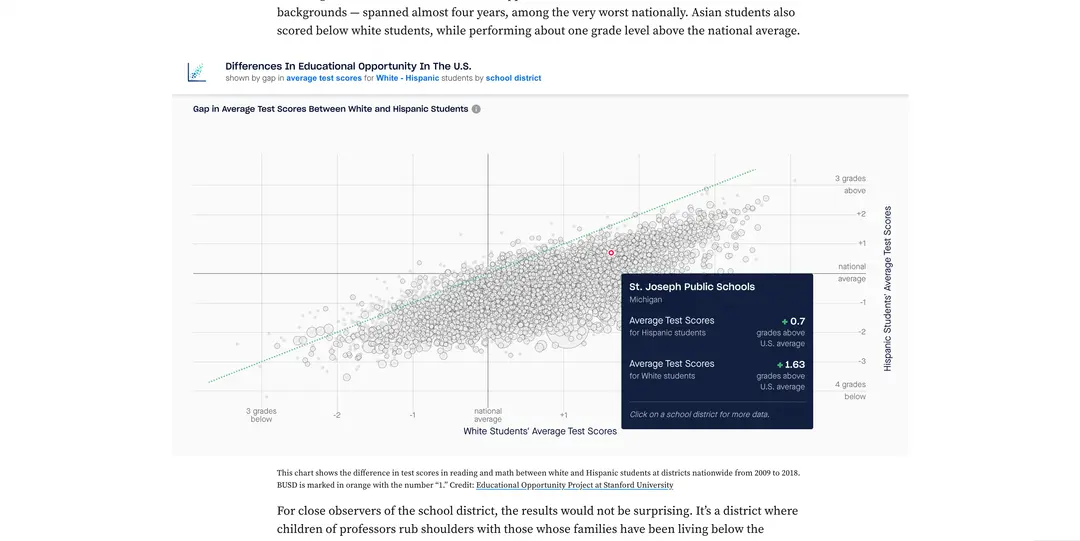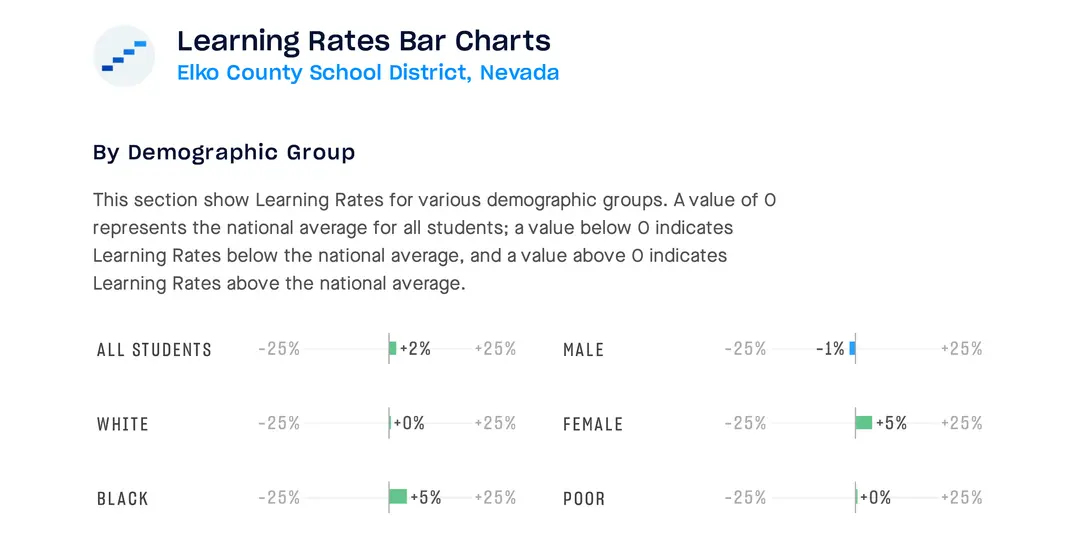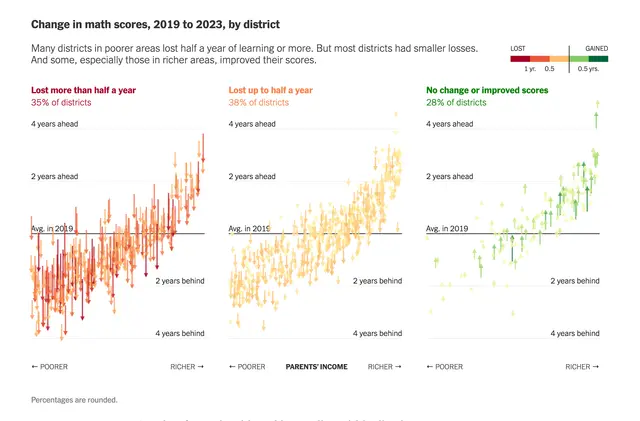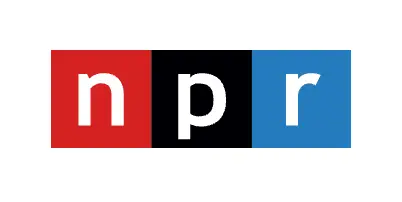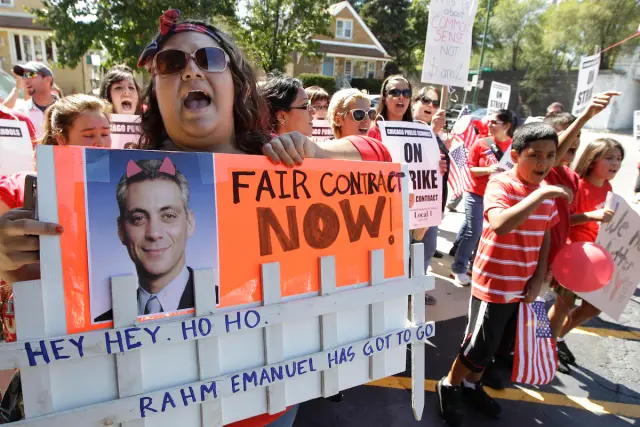The Educational Opportunity Project: visualizing the first national database of academic performance
Go to site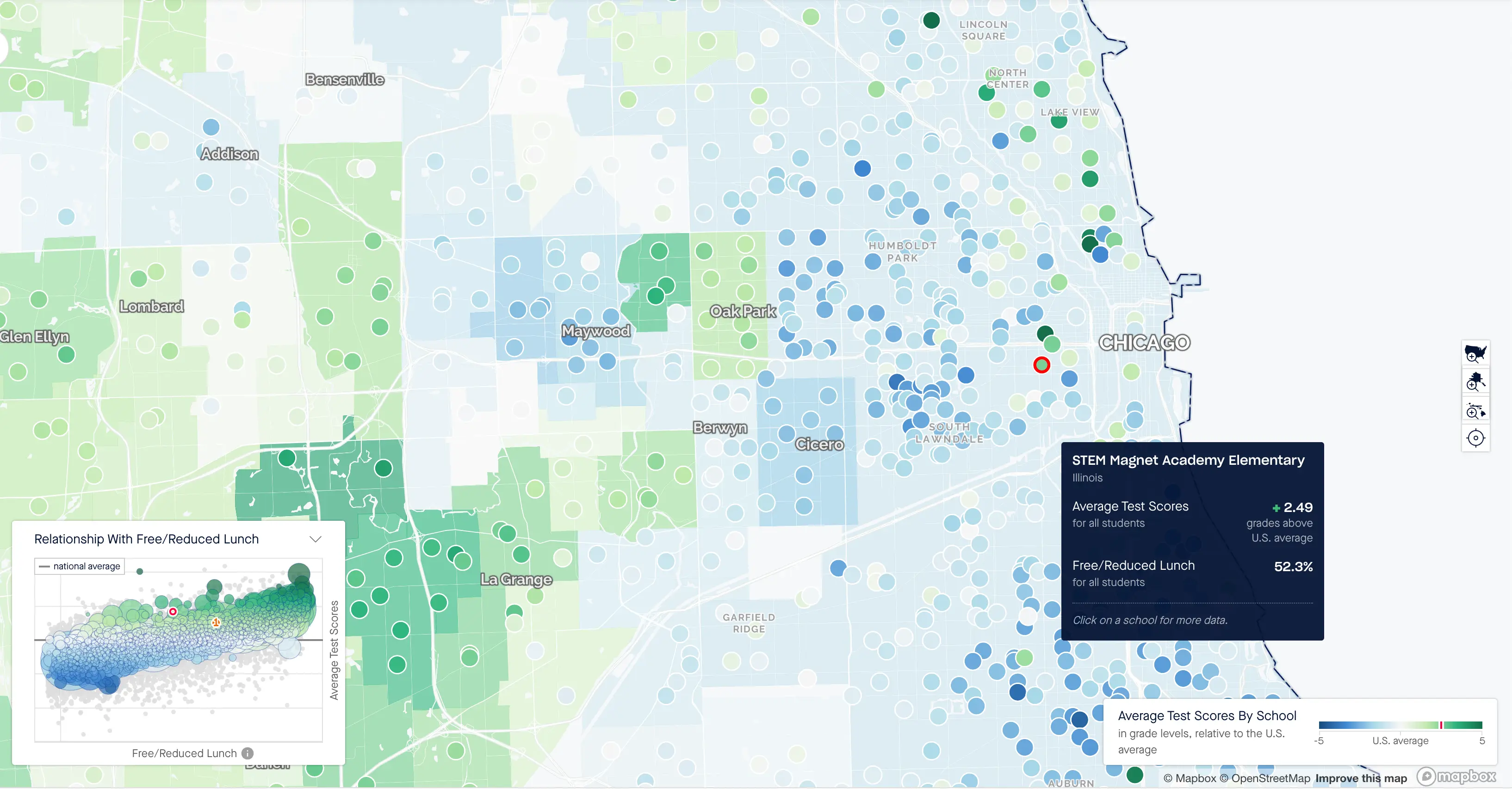
Our interactive nationwide map offers several ways to view academic achievement and educational opportunity at a range of geographic scales
Background
About the Client
The Educational Opportunity Project (an effort of the Stanford Education Data Archive, or SEDA) is a team of professors, researchers, and data experts focused on using data to generate evidence about what policies and contexts are most effective at increasing educational opportunity.
About the Project
Racial, socioeconomic, and gender disparities in academic performance and educational attainment are stubborn—but not inevitable or immutable—features of the U.S. educational system. By making education and other data publicly accessible and engaging via interactive visualizations, the project aims to illustrate the relationship between academic achievement and educational opportunity, and promote change in the conditions that create these outcomes and disparities.
Goals and challenges
- Showcase large quantities of data in a digestible format across a variety of visualization modalities
- Contextualize student scores alongside socioeconomic conditions, which strongly correlate with educational outcomes
- Ensure the usability of complex interfaces and the comprehensibility of academic concepts
- Facilitate changemakers’ ability to share the data beyond the website
Solutions and Features
Feature-filled interfaces are structured in a clear information hierarchy that follows UX best practices
A dynamic scatterplot chart compares test scores and socioeconomic indicators to contextualize achievement within the frame of educational opportunity
Extensive user testing and consultation with science communicators was conducted to help relate academic concepts to general audiences
The site's interactive visualizations can be embedded in external websites and news articles
A PDF report generation feature allows users to outputs key data about individual districts and schools
Coverage and Impact
- Pandemic school closures upended U.S. education. Many students lost significant ground, and the federal government invested billions to help them recover. Now, new data offers the clearest portrait yet of how much students have gained back — and how far they still have to go.
- New reports show a big academic recovery after schools reopened. But not for all students. Stanford professor Sean Reardon tells NPR's Mary Louise Kelly how the pandemic worsened education inequality
- In a 2020 analysis by Sean Reardon, professor of poverty and inequality in education at Stanford University, Chicago emerged as the only large district that can boast this kind of student growth, a huge turnaround for the district.
Interested in working with us?
Please use the contact form or write to us at info@hyperobjekt.com

